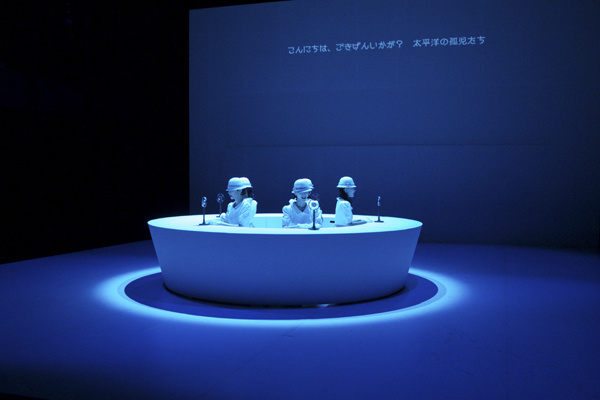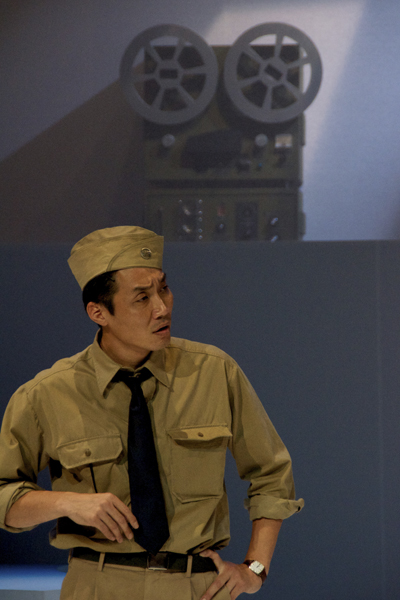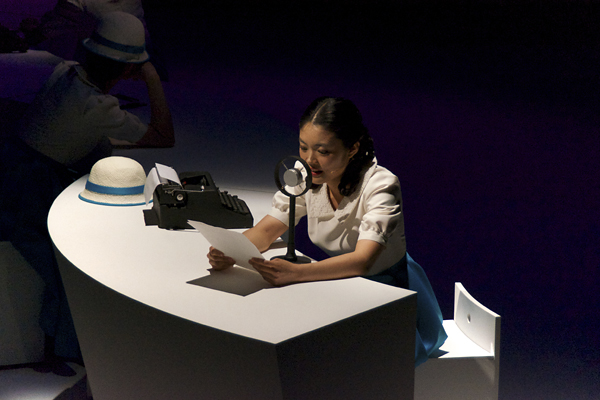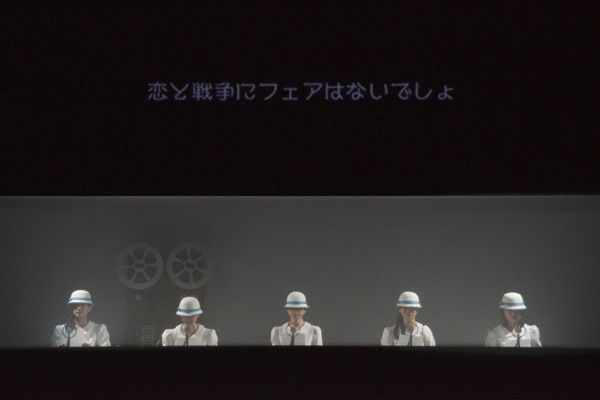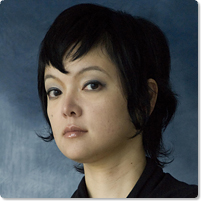Miwa Yanagi
Contemporary visual artist
Born in Kobe City. Completed the research course of the Graduate School of Arts of Kyoto City University of Arts. Yanagi held her first solo exhibition in Kyoto in 1993. Later she won attention with a series of composite photograph works titled Annaijo no Heya (Room of the Guide Ladies) that showed groups “elevator girls” [uniformed department store elevator attendants] placed in a variety of urban spaces. She went on to win international acclaim with works including My Grandmothers , a photograph series creating visual portrayals of young women who take on the role of themselves 50 years from now and Fairy Tale , in which young women take on the roles of girls and old women in fairy tale settings, making use of special effects in photographic images that deal with the subjects of gender, aging, life and death and oppressed personalities.
Since 2010, Yanagi has begun undertaking projects in theatre, introducing historical fiction plays based on detailed research of the process of Japan’s modernization in the 20th century and staged them in a style that makes innovative use of “guide ladies,” as symbolic of social repression, in roles as choruses or narrators, achieving a new form of theatrical expression. With her 2013 work Zero Hour – Tokyo Rose, the Last Tape , in addition to doing the scriptwriting, directing and stage art herself, Yanagi has created a full-scale theatrical production by enlisting the collaboration of other professionals, including the design the theater sets by Torafu Architects company, the “Formant Brothers,” who as researchers in the composition of the human voice have created voices for use in the play, and her now signature “guide ladies” as performers.
In 2009, Yanagi was selected as a representative for the Japan Pavilion of the Venice Biennale. In 2012, she became a professor in the Arts and Crafts Department of Kyoto City University of Arts.
http://www.yanagimiwa.net
